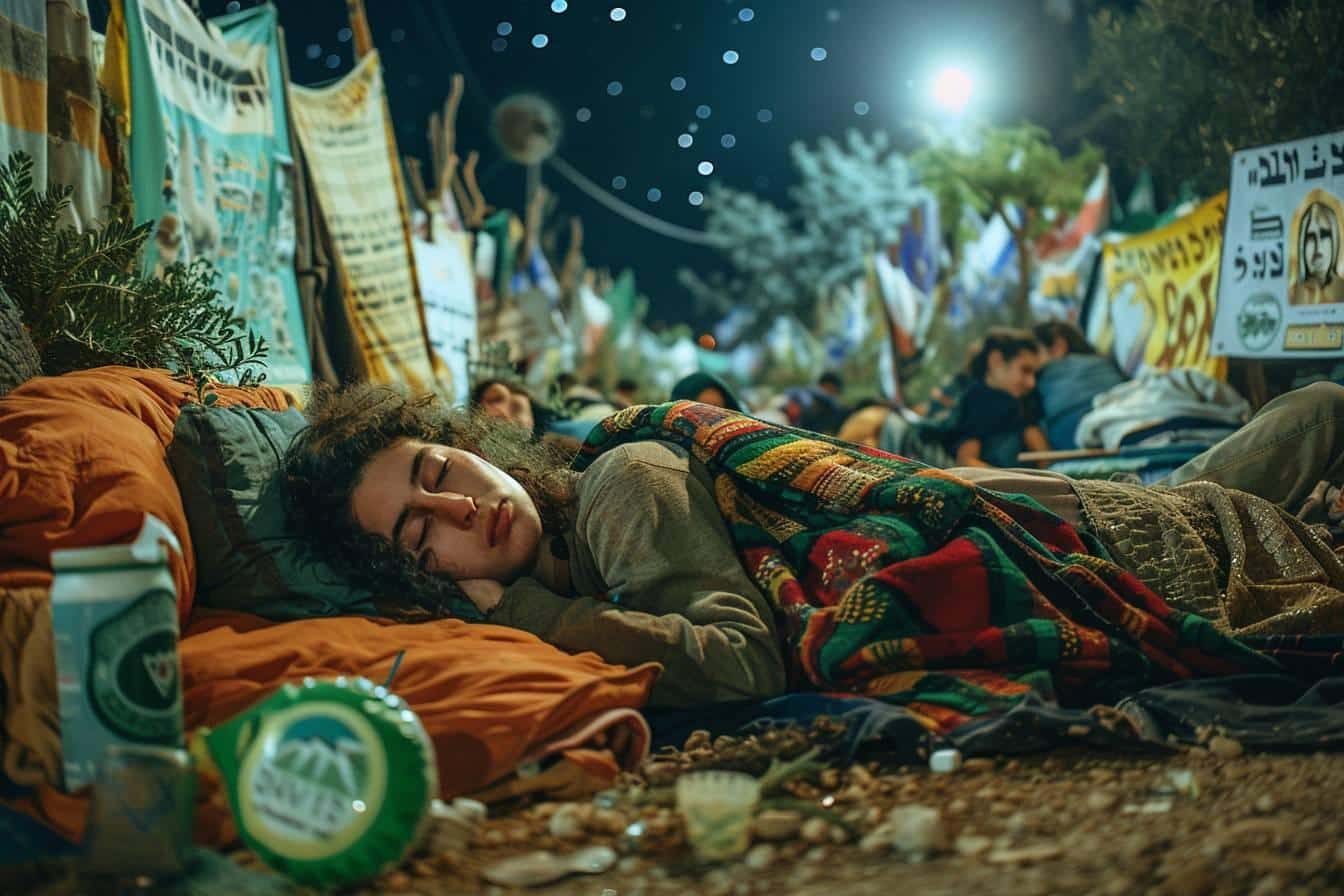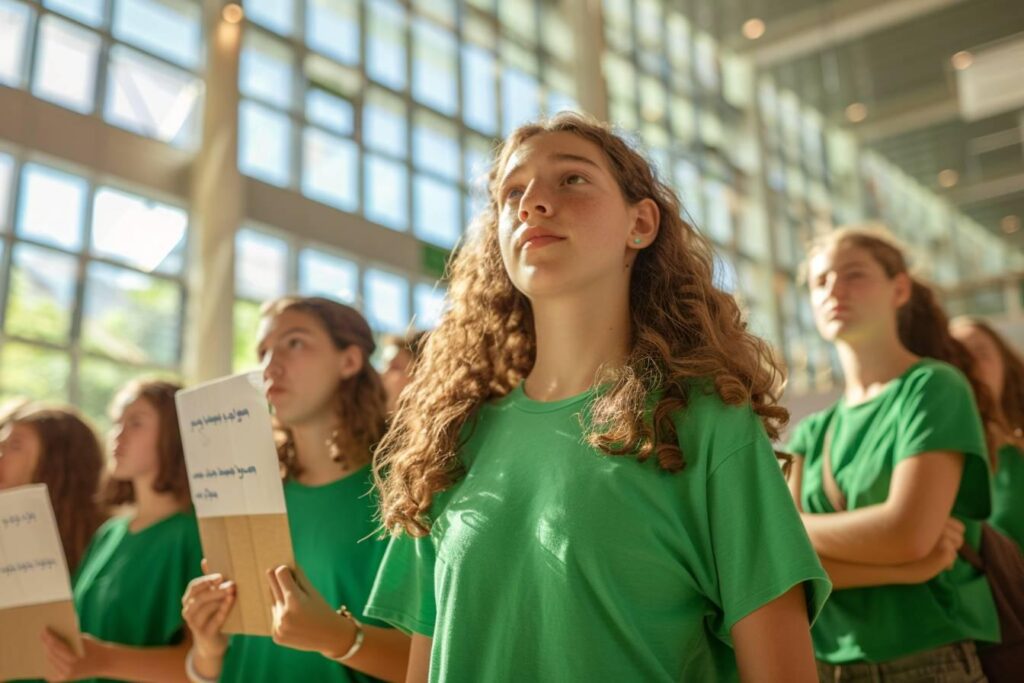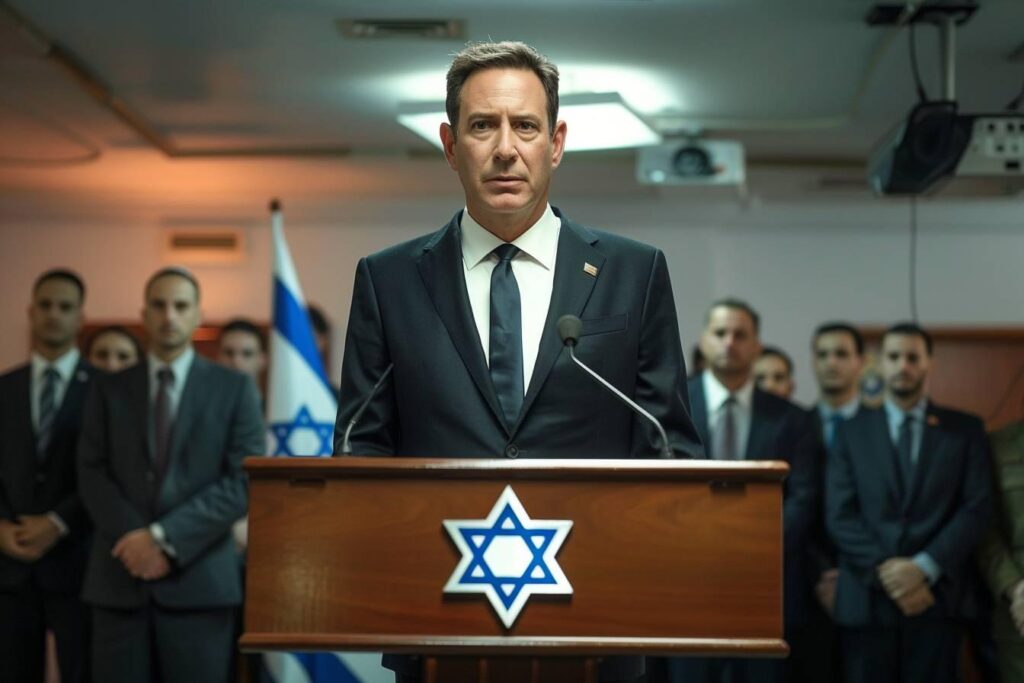Struggle for Space: The Jewish Community’s Fight for Religious Expression at Brown University

In the serene courtyards of Brown University, a conflict has emerged that tugs at the heartstrings of religious freedom and university policy. It revolves around a group of students from Jews for Ceasefire Now, who recently found themselves at odds with the administration over their right to practice a pivotal aspect of their faith. This incident not only shines a light on the struggles faced by religious groups in academic settings but also ignites a broader conversation about religious accommodation in modern educational institutions.
The Heart of the Matter: Celebrating Sukkot at Brown
Sukkot, a seven-day Jewish festival, celebrates agricultural harvest and commemorates the Israelites’ 40-year journey through the desert after their exodus from Egypt. A central tradition of Sukkot involves dwelling in a sukkah, a temporary hut constructed to represent the fragile dwellings of the Israelites during their desert wanderings. For many, this practice is not only a historical commemoration but also a vibrant embodiment of faith and resilience.
At Brown University, members of Jews for Ceasefire Now decided to honor this tradition by erecting their own sukkah within the university’s green spaces—an act initially approved by the administration. However, the situation took an unexpected turn when the students chose to sleep in their sukkah, an act they deemed essential to their religious expression but one that was met with resistance from university officials.
Policy Versus Practice
The university’s response was swift and firm. Citing violations against the green space usage policy, which prohibits overnight stays, the administration threatened these students with conduct violations. This action sparked immediate backlash from Jews for Ceasefire Now, who argued that such measures were contrary to Brown’s commitment to free expression and religious practice.
“We firmly believe that our right to practice our religion should not be curtailed by opaque administrative policies,” remarked a spokesperson for Jews for Ceasefire Now. The students’ readiness to face potential disciplinary actions underlines their dedication and challenges the university’s stance on balancing policy enforcement with religious accommodation.
Previous Encounters and Ongoing Debates
This is not the first time Brown University has been in the spotlight for its handling of green space policies. Last spring, similar conduct violations were issued to students involved in an encampment advocating for divestment. These repeated conflicts raise crucial questions about the consistency and transparency of policy application, especially concerning non-traditional uses of campus spaces like protests or religious observances.
University’s Stance and Student Reactions
In defense of its actions, a university spokesperson stated that “the policies regarding green space and fire safety are strictly about the time, place, and manner of requests and have no relation to content or religious practices.” Despite this assurance, many students feel that these policies disproportionately affect those who wish to engage in expressive activities that go beyond mere recreational use of green spaces.
Broader Implications for Religious Freedom on Campus
- Legal Perspectives: Legal experts often point out that while private universities like Brown are not bound by the First Amendment per se, they are generally expected to uphold commitments to freedom of expression they have promised to their community.
- Campus Policies: The incident has prompted calls for clearer guidelines that reconcile safety and administrative concerns with guarantees of religious freedom.
- National Context: This event at Brown mirrors challenges faced by religious student groups across other campuses nationwide, highlighting a need for ongoing dialogue about religious accommodations in academia.
Moving Forward: Pathways to Coexistence
The confrontation over Sukkot celebrations at Brown University presents an opportunity for dialogue and development towards more inclusive policies. Engaging student bodies in policy formulation could pave the way for more harmonious campus dynamics. Moreover, educational seminars on religious diversity might foster greater understanding and appreciation among administrators and students alike.
A Call to Action
This episode serves as a call to action for universities everywhere to introspect and innovate in how they handle expressions of faith on campus. As stewards of education and cultural exchange, institutions have the responsibility not just to educate but also to embrace practices that enrich the tapestry of campus life.
In conclusion, while Brown University navigates this complex issue, it stands as a microcosm of larger debates on freedom, faith, and how we coexist in shared spaces. For members of Jews for Ceasefire Now, it is a testament to their resilience and commitment to upholding their cultural and religious identity amidst adversity—an inspiring reminder that real education often extends beyond classroom walls into the very grounds on which we stand.



